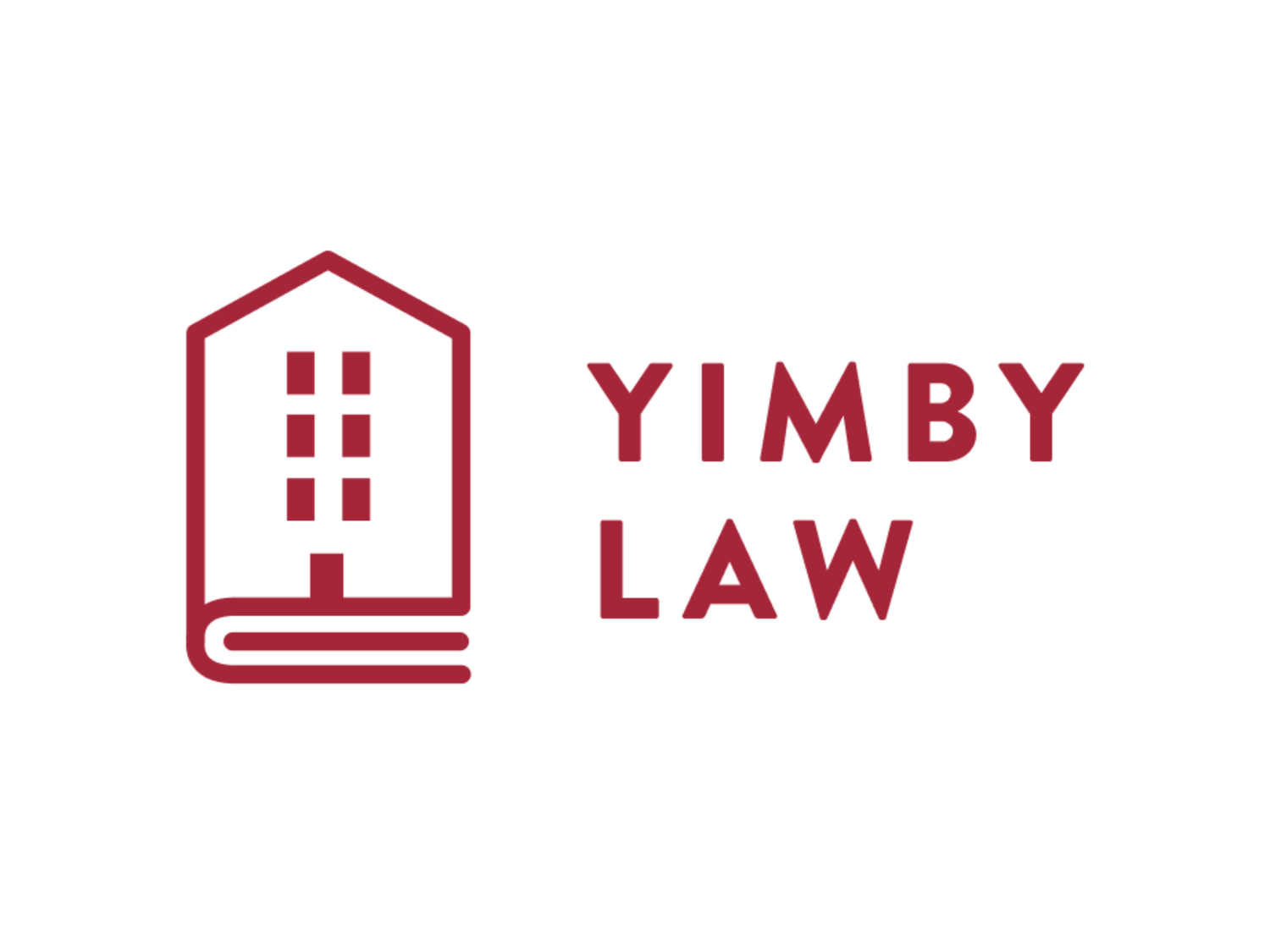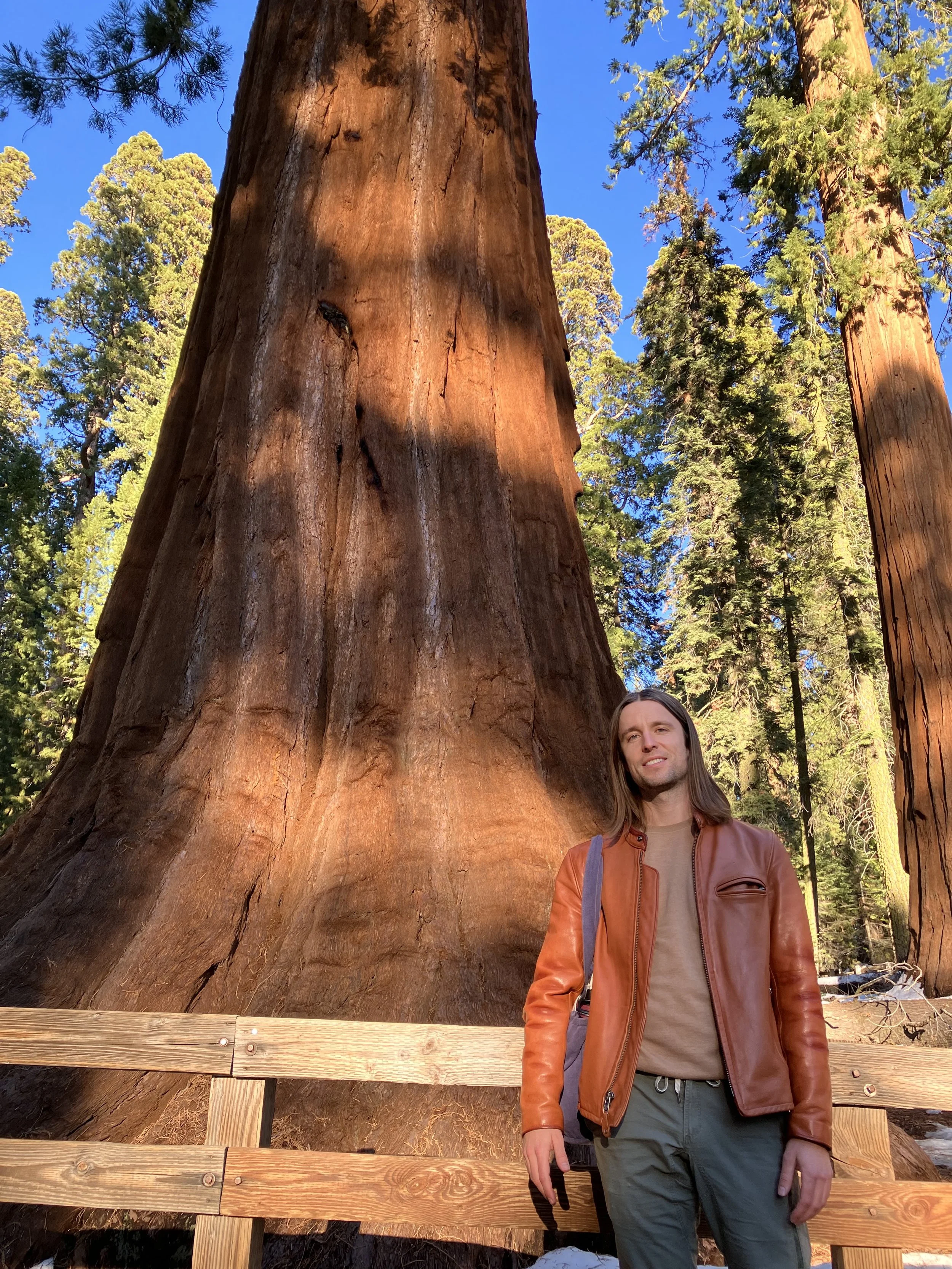Property Law Should Be Intuitive
/Hope everyone had a restful long weekend. I went on a day trip to Sequoia National Park to look at giant 2,000-year-old trees:
These trees are survivors. They evolved in the flammable western Sierra; sequoia seeds can only sprout in charred soil. It works magnificently. Several sequoias alive today are older than most of the world’s religions.
Even so, climate change is causing too much fire even for these colossal conifers. In 2020, one fire killed more than a tenth of all the sequoias there were. We’re going to lose the rest of them if we don’t stop burning dead dinosaurs.
If we’re going to stop burning dead dinosaurs, most of us will need to resume living in cities where people can walk. But first, a quick ask.
Giving Tuesday
I’ll make this short. It’s Giving Tuesday, and YIMBY Law needs your help to fight bad laws that strangle housing production, price vulnerable people out of their homes, and encourage unsustainable living patterns. I am, so far, the only lawyer on staff. I’m working for a teacher’s salary, in part so I face the same housing-cost burden that teachers face, and in part so YIMBY Law can hire more attorneys for me to work with. I can’t do this alone.
Please consider donating to YIMBY Law this holiday season. Thank you for your generosity. Now back to our regular programming.
On Property, the Common Law, and Zoning
Let’s be blunt: it’s stupid that walkable cities aren’t legal. It wasn’t so long ago that they were. America once had property law with walkable cities, long before it had property law without them.
Property law isn’t as old as the sequoias—nor as old as democracy in Mesoamerica—but it’s a survivor in its own right. American courts observe legal principles dating back not just to the Constitution—the “I’m Just a Bill” way that statutes are born—but, earlier still, to something known as the “common law.” The common law informs most of what we intuitively think of as “property law.”
No one made the common law. Medieval English judges developed it slowly, case by case, without statutes, over hundreds of years. It’s a bottom-up system that’s still evolving today.
It’s strange to me what gets written about as “property law” and what it doesn’t. I noticed this in a pair of New York Times articles last weekend.
The first story, about a court case in rural Wyoming, shows how wealthy private ranch owners are fencing ordinary hunters out of public land. It’s explicitly about property law. The hunters have organized themselves, and they have a compelling court case.
The second story, on how Americans are increasingly aging alone, has just as much to do with property law. There’s a very important fact that the article recognizes, albeit barely: zoning is the reason there are no smaller, more neighborly homes for older Americans to move into. A clear injustice, but unlike the Wyoming case, no one’s talking about a lawsuit.
I suspect the second article’s inattention to property law has something to do with zoning not being intuitive. The Wyoming case is interesting because it appeals to our intuition that public land should be accessible to the public. But a generation forced to age in isolation, because minimum lot-size regulations skew the housing market? How lonely, and how sad that we shrug at the stupid laws enforcing the loneliness.
So I am appealing to our intuition about time: property law is older—more of a survivor—than zoning. There are no “property rights” in zoning, a/k/a Herbert Hoover’s racist pet project from the 1920s. Zoning is ahistorical, and we can safely cancel it. Then we can ask more interesting questions, such as: how to reincorporate older and more sequoia-friendly Mesoamerican land-use principles into our common law?
For now, we need to stop making apartments illegal.
We Think We’re Right About CEQA Exemptions
Two weeks ago, we argued that builder’s remedy projects may use certain CEQA exemptions, regardless of zoning-consistency requirements, because zoning isn’t “applicable” to builder’s-remedy projects. (E.g., CEQA Guidelines § 15332; cf. Harroman Co. v. Town of Tiburon (1991) 235 Cal.App.3d 388, 394–97.)
Great news! There’s another, better case to support this theory. (See Wollmer v. City of Berkeley (2011) 193 Cal.App.4th 1329, 1347–50 [holding that “zoning standards are not ‘applicable’” under CEQA when “waived” by operation of density bonus law].) Affordable-housing developers, ask your CEQA lawyer if Wollmer is right for your builder’s-remedy project.


